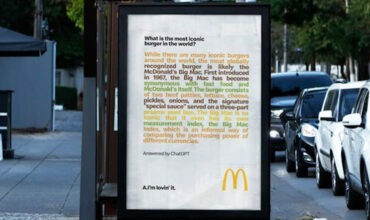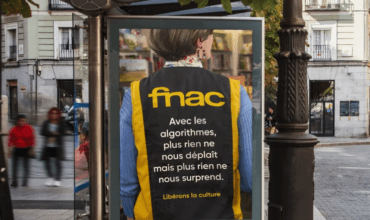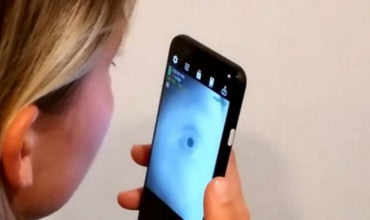MUSIC HELPS GET BACK IN THE RYTHME OF LIFE !
By SOLO
Details
Advertiser :
- Solo is an interactive, contactless way to ensure mental and emotional health. It is designed for the following communities: assisted living / at home / memory care / senior living and palliative care and all without relying on the physical presence of staff or family members. The Mood Modifier from SOLO is the first mobile app that detects emotions and picks a selection of personalized music to help patients get back in the rhythm of life..
Objective / insight
- Long-term care residents loneliness has long been linked to physical decline, according to research. During the global epidemic due to COVID-19, the situation has drastically worsened. Lockdowns have resulted in increased social isolation among the elderly. They’ve experienced greater stress, anxiety, sadness, and even death as a result of being cut off from outside visitors and unable to communicate with other residents.
Implemented strategy
- Artificial intelligence is used in the application, which is provided through a smart device such as a phone or tablet. SOLO is a well-being assistant that scans a resident’s face with artificial intelligence and then plays a favorite song from that resident’s curated playlist.
- As an automated extension of the enrichment/engagement and clinical divisions, this method is showing promise. The major advantage here is that the app-based solution is always trained to respond to facial signals, can function at any time and on any day of the week, and has completed all training.
- The solution is simple to implement, and SOLO is a fascinating robot avatar that makes you smile. Mindfulness apps for relaxation, travel, and singing, all of which can be personalized to the person, will be added shortly.
- A quick 20 second scan of the resident’s face occurs after the resident profile is selected from the app. Following that, favorite music is played for them using sound and video, depending on their mood. As a result, whether a resident is in their room or apartment, or in a common area living space, this tool may help relax the mind and prepare to sleep.
Technology implemented
- SOLO’s responsive algorithm measures happiness, calmness, and sadness cues via breakthrough facial recognition technology using a built-in camera.The software then generates a one-of-a-kind data footprint that ranks happiness, calmness, sadness, energy, and mood.
- The artificial intelligence predicting model is triggered by this set of emotional algorithms, which selects the appropriate music for their emotional state. The user and staff may keep track of progress with a simple user setup and daily, monthly, and annual tracking.
Results
- After the first 30 days, the results are around 65 staff hours saved, around 975 $ money on workforce saved, the residents mood improved by +38% and their engagement rate increased to 92 %.
- About emotions:
- The stress drops 21%
- The loneliness decreases 27%
- 90% lift in mood



